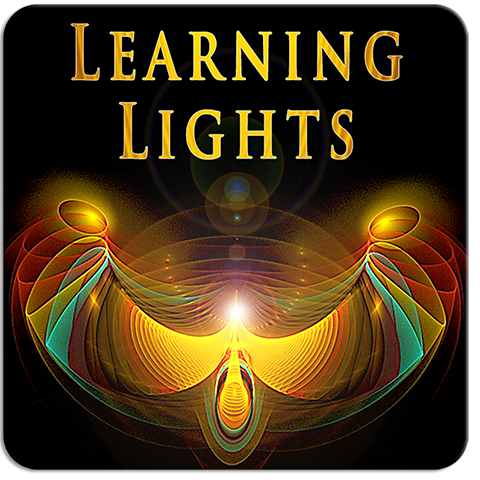This past year, I spent many long hours reflecting upon my memories and thoughts. A memory that refuses to fade away despite being inconsequential and irrelevant, falls neatly into the category of a flashbulb memory.
Before we discuss further, I must let the dog have her say.

The gist of the many definitions that abound, is that flashbulb memory is a clear, detailed, and long-lasting memory of the circumstances that you were in, when you first got a very important or shocking news, possibly about a public figure (President John Kennedy’s assassination) or event (The Twin Tower Terror Attack of 9/11). Assassinations and disasters fall into this category. My memory relates to the assassination of the Indian Prime Minister, Mrs. Indira Gandhi.
I can vividly recall that I was solving a dynamics problem and trying my best to get the cricket commentary back on the radio, crabbing about why suddenly all stations had gone newsy, when my Grandmother chided me for my trivial concerns at the time when Indira Gandhi had just been assassinated. My Grandmother was involved in the freedom movement and for her the news meant a lot. For me, it was an important public event, and while at that time, I was too young to see what lay beyond; whenever I read or hear about the 1984 Delhi riots that followed her death, I am reminded of that scene in vivid detail. I can almost hear my grandmother’s gibe, I can feel the sun on my skin…I experience the flashbulb memory.
Let us apply some inductive reasoning to this experience (inductive reasoning makes us use specific instances to generalize – not a very trust-worthy method, but it works if the specific instance is a true illustration of a concept – thus, if my memory is truly flashbulb memory, I should be able to generalize the concept with a very small probability of error.)
My memory is crystal clear (colors, weather, what I was doing at the time, what my Grandmother said,) and my memory flashes back whenever I encounter a trigger (news of the riots, a picture of Indira Gandhi, and so on.) My memory is still strong, and I can even remember the floral print of the dress that I was wearing at the time. Assuming that my memory was a flashbulb memory, we can say that flashbulb memory generally is refreshed whenever there’s a trigger.
This makes me wonder…
1. If there were no media (no newspapers, no radio, no television, nothing that could trigger the memory,) will the memory be as longlasting?
2. Is there a decay/modification in the details of the flashbulb memory over time? In other words, do we embellish it further (I think now that I was wearing a nice floral dress in the memory I illustrated for you, but could I be looking dumpy in a shapeless but absolutely comfy tunic?) or have I lost the details (what was grandmother wearing? Who else was there? Where was our dog?)
3. Would my flashbulb memory be stronger or weaker than my grandmother’s, further more, did she even have a flashbulb memory of Indira Gandhi’s assassination? (Humans have the strongest recollections of the events that transpired when they were between 15 and 30. This period is called the reminiscence bump.)
While there is ample criticism of this concept, I find it interesting. I also wonder if a watered down version of this memory could in fact help the learners learn better.



